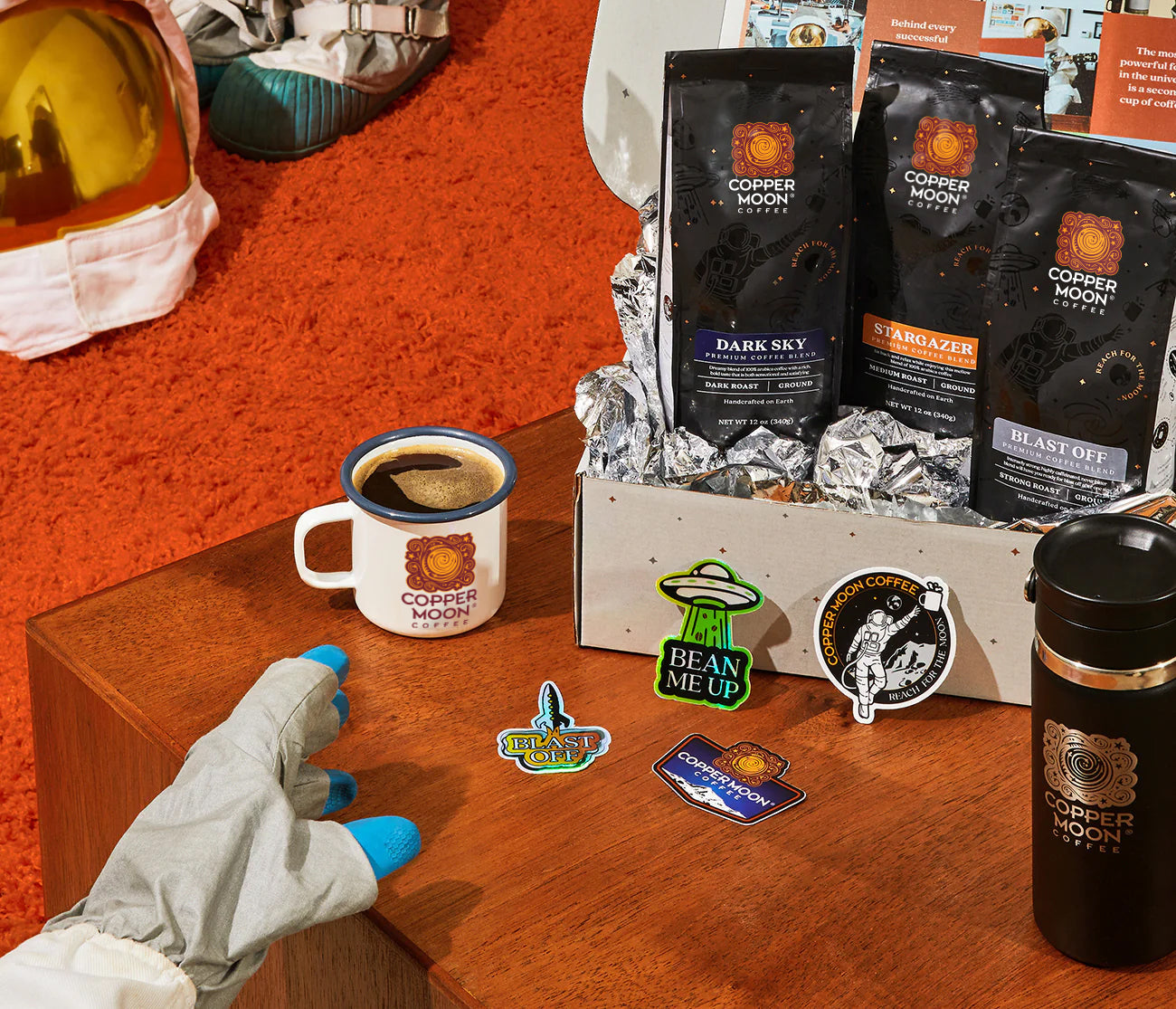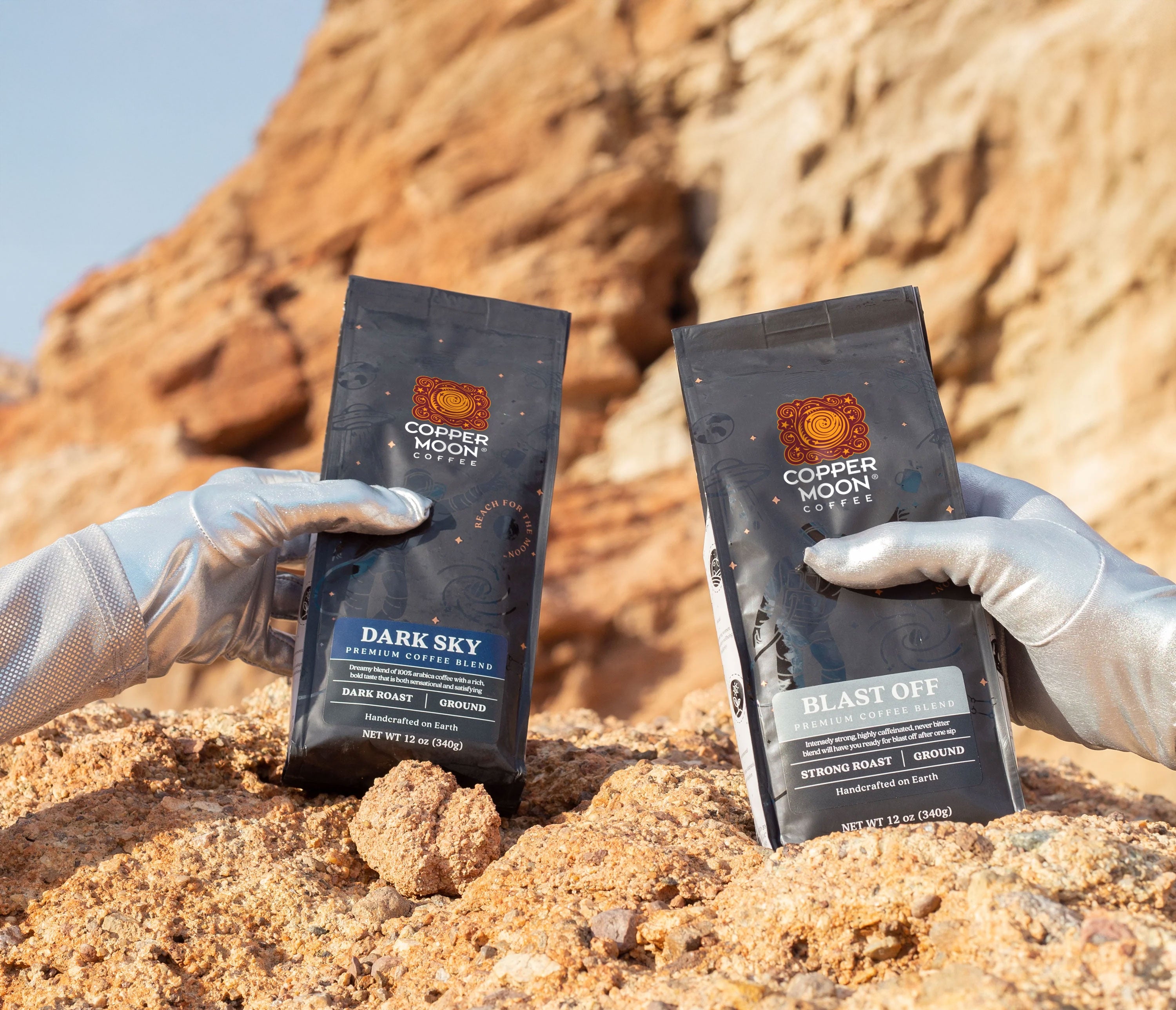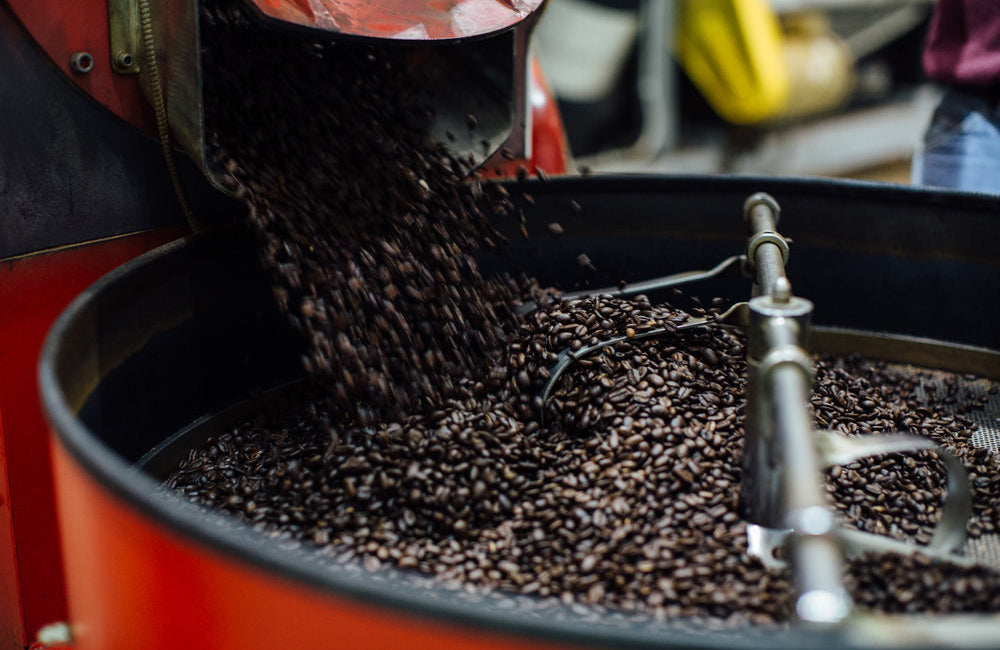First Woman to Reach for the Moon and Hopefully Walk on the Lunar Surface by 2024
“But why, some say, the Moon? Why choose this as our goal? And they may well ask, why climb the highest mountain? Why . . . fly the Atlantic? . . . We choose to go to the Moon—We choose to go to the Moon—We choose to go to the Moon in this decade and do the other things, not because they are easy, but because they are hard. Because that goal will serve to organize and measure the best of our energies and skills, because that challenge is one that we are willing to accept, one we are unwilling to postpone, and one which we intend to win, and the others, too.”
—President John F. Kennedy, September 12, 1962 [1]
President Kennedy thundered these epic words nearly sixty years ago, only seven short years before Purdue Alumni and Apollo Astronaut Neil Armstrong took “one small step for man” and “one giant leap for mankind” on the surface of the Moon. [2] President Kennedy’s words are now ringing true once again.
Last month, during the National Space Council meeting at the Kennedy Space Center, NASA announced the names of 18 astronauts who have been selected to embark on the next voyages both on and around the Moon. During the event, NASA Administrator Jim Bridenstine shared, “We are incredibly grateful for … the bipartisan support for all of NASA’s science, aeronautics research, technology development, and human exploration goals. As a result, we’re excited to share this next step in exploration—naming the Artemis Team of astronauts who will lead the way, which includes the first woman and next man to walk on the lunar surface.” [3]
One astronaut who was selected is near and dear to the heart of Copper Moon Coffee’s sponsored partner, Astronaut Scholarship Foundation (ASF). NASA Astronaut Christina Hammock Koch was selected as an Astronaut Scholar by ASF in 2000 and 2001 while attending North Carolina State University, studying physics and electrical engineering. NASA selected her as an astronaut in 2013 and she holds the record for the longest single spaceflight by a woman, with 328 days in space and six spacewalks, including the first all-female spacewalk on October 18, 2019—a milestone for NASA.
As a founding member of the Artemis Team, Christina might reach yet another milestone for NASA by becoming the first woman to “Reach for the Moon” and hopefully walk on the lunar surface by 2024. The Artemis program’s cosmic goal is “to learn to live and work on another world for the benefit of humanity.” However, the innovative technologies of lunar exploration used by this new “Artemis Generation” will not stop at the Moon. Their long-term mission is to prepare humanity for our next giant leap—NASA is planning to use what they learn on and around the Moon to send astronauts to Mars!
Since this will be humanity’s return to the Moon, and NASA will land the first woman and next man on the surface, it is appropriate that they selected the name Artemis. “Artemis” was the Greek goddess of the hunt, the wilderness, wild animals, chastity, and the Moon.
When Administrator Bridenstine announced the new name, he also shared the following anecdote. “It turns out that Apollo had a twin sister, Artemis. She happens to be the goddess of the Moon. Our astronaut office is very diverse and highly qualified. I think it is very beautiful that 50 years after Apollo, the Artemis program will carry the next man—and the first woman—to the Moon.” [4]
Join us in congratulating Astronaut Christina Koch on this astronomical opportunity!
Meet Artemis Team Member Astronaut Christina Koch
Meet the Artemis Team at NASA
We Are Going to the Moon to Stay, by 2024
[1] Space Center Houston, John F. Kennedy Podium
[2] NASA.gov, July 20, 1969: One Giant Leap For Mankind
[3] NASA.gov, NASA Names Artemis Team of Astronauts Eligible for Early Moon Missions
[4] Space.com, NASA Names New Moon Landing Program Artemis After Apollo's Sister
Photo Credit: National Aeronautics and Space Administration: Artemis










